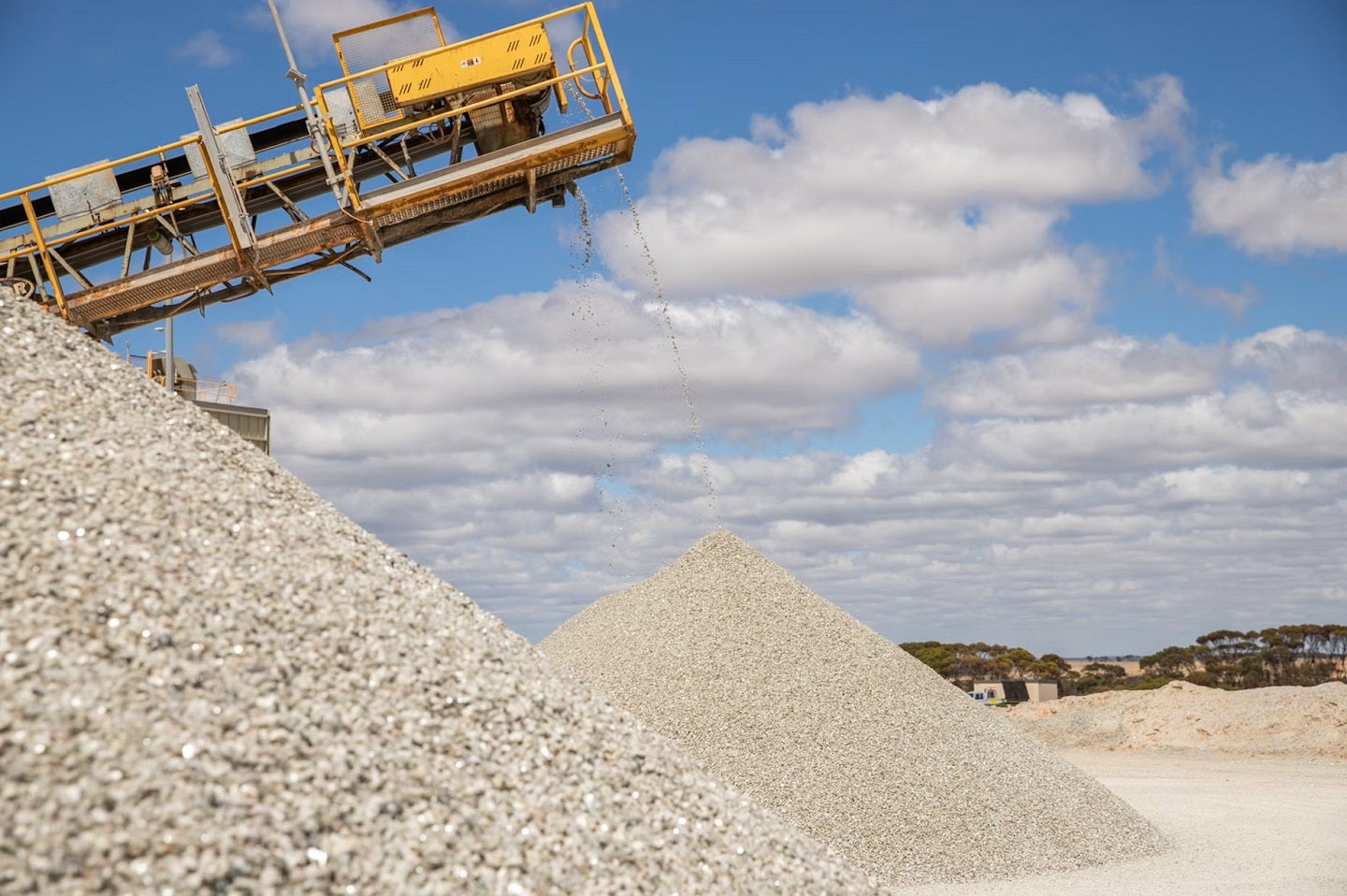
Lithium chemical producer Allkem has secured a loan of up to $180m (48.78bn pesos) for the development of the battery-grade brine lithium plant at the Sal de Vida site in Argentina.
The International Finance Corporation (IFC), a member of the World Bank, has approved up to $130m in financing over a ten-year period. This includes an A loan of up to $100m and a B loan of up to $30m.
Allkem is expected to close an additional $50m parallel loan arranged by the IFC, bringing the total financing package to $180m.
The lithium chemical producer said the project financing facility is structured as a ‘green and sustainability-linked loan’.
Allkem said in a statement: “A sustainability-linked green loan combines ambitious environmental and social targets. These targets and commitments support the responsible and sustainable development of lithium by Allkem for a greener future and regional economic growth in the province of Catamarca.”
The ambitious sustainability targets of the project include increasing the use of renewable sources in the project’s production cycle to 50% by 2030.
IFC managing director Makhtar Diop said: “Our investment in Allkem is part of IFC’s strategy to develop global supply chains that accelerate the transition to a low-carbon future while creating jobs.
“It will strengthen Argentina’s position as one of the world’s leading lithium producers and help set high sustainability standards for the lithium mining industry.”
Located within the Lithium Triangle, a region in the Andes straddling the borders of Chile, Bolivia, and Argentina, the Sal de Vida project holds around 60% of the world’s identified lithium metal resources in near‐surface brines.
The financing will be used by Allkem for the stage one development of the Sal de Vida Project, which will have a lithium carbonate equivalent production capacity of 15,000 tonnes per annum.
Allkem managing director and CEO Martin Perez de Solay said: “We are committed to the highest sustainability standards for Sal de Vida so that it will contribute to the economy of Catamarca via local employment, the development of local supply chains and community development programmes.”



